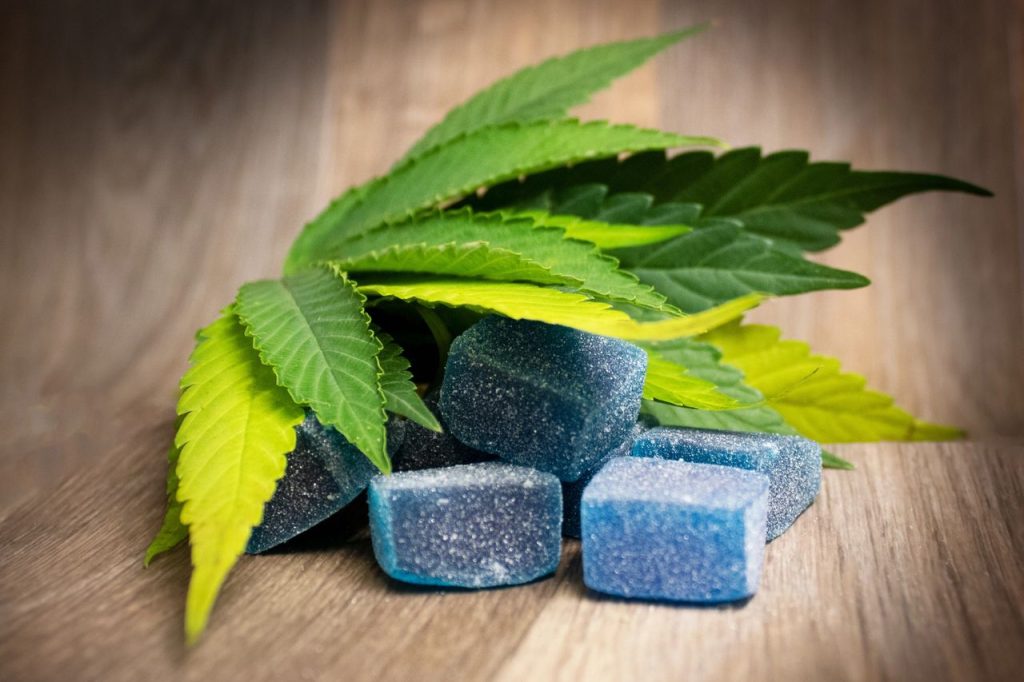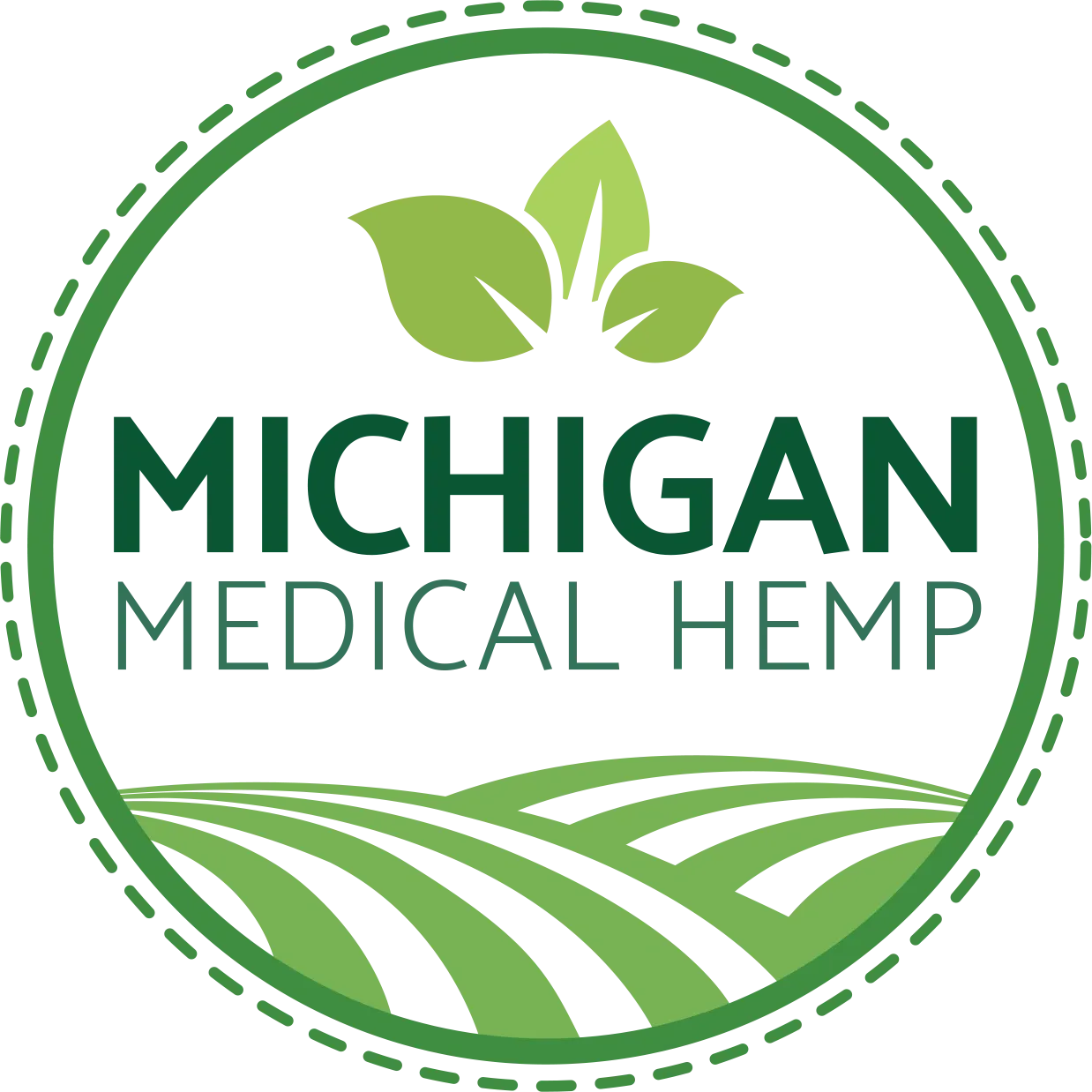The opioid crisis has been occurring since 1999, with the over prescribing of opioids in the 1990’s and has led to over 500,000 deaths. In 2021, there were 107,000 deaths alone. The spike has been credited with the Covid pandemic and many people struggling with isolation and financial burdens. The crisis has expanded so much that nearly every American knows of someone who has been afflicted by it. On May 19th, Michigan signed a bipartisan package of legislation that will invest $800 million in prevention, mental health, and treatment in response to the crisis.
There have been studies that suggest that CBD may be a form of treatment from opioid withdrawal as it helps reduce anxiety and nausea, two of the symptoms that occur from a withdrawal. CBD is already a known natural plant that helps relieve pain and is derived from the cannabis plant and has little side effects versus opioids.
Detoxing from opioids can take a full two weeks to clear a person’s symptom, during that time the patient will experience uncomfortable symptoms that include diarrhea, vomiting, cold flashes and fevers, restlessness, body pains and sleeplessness. A patient will also have a major craving for their drug during detox, which triggers high anxiety.
In studies conducted at Mount Sinai found that oral CBD in test subjects significantly reduced both cravings and anxiety induces by drug cues, it also reduced the heart rate and cortisol levels. This is just one of multiple clinical studies being conducted on the subject of CBD on opioid withdrawal, all of them are finding positive results. Unlike other substances that have been previously used to aid in someone’s rehabilitation program, CBD does not create a new addiction. Addiction is termed by a subject’s compulsive need to obtain something and their inability to stop using it. An addiction is both physical and mental and has no stereotypes for its users. CBD does not have intoxicating properties which are found in THC (tetrahydrocannabinol).
It really is not that surprising though, CBD has already been found to assist with calming epilepsy, relieve pain, reduce inflammation, improve cancer-related symptoms, reduce nerve pain, help with arthritis, treat lupus, improve blood pressure, relieve diabetes, aid with Parkinson’s tremors, etc. The list is long and growing longer each year as studies are being conducted. Forbes magazine has also written articles on the benefits of CBD, primarily for anxiety and PTSD; however, they also listed its advantages with opioid addiction.
Of all the ways one can take CBD oils and tinctures a 2022 survey from OnePoll shows that Gummies and edibles rank the highest form of consumption, followed by capsules and oils. The popularity of the products have seen a major boom since legalization in many states and stores have bloomed everywhere to market the products. The legalization also brought recognition from the medical fields. For years people have tried to introduce medicinal marihuana into medicine but have fallen short due to the reputation – so to see doctors supporting the affects of CBD use is awe-inspiring.
Although it is too late to stop or deter the opioid epidemic from occurring, it’s not too late to service the crisis in a natural way.
Farmers, contact us today at 866-253-6733 to learn more or to purchase our miracle hemp seed which lowers risks and costs while increasing profits for hemp farmers.

If you or someone is suffering from an opioid addiction, help is available. This article is based on current studies and true treatment should be consulted with a physician and is based on an individual situation. Please contact the SAMHSA National Helpline to seek help: 1-800-662-4357 or visit: www.samhsa.gov/find-help
Silva, Lauren (April, 2022) Forbes. CBD Oil: 9 Science-Backed Benefits. www.forbes.com/health/body/cbd-oil-benefits/

